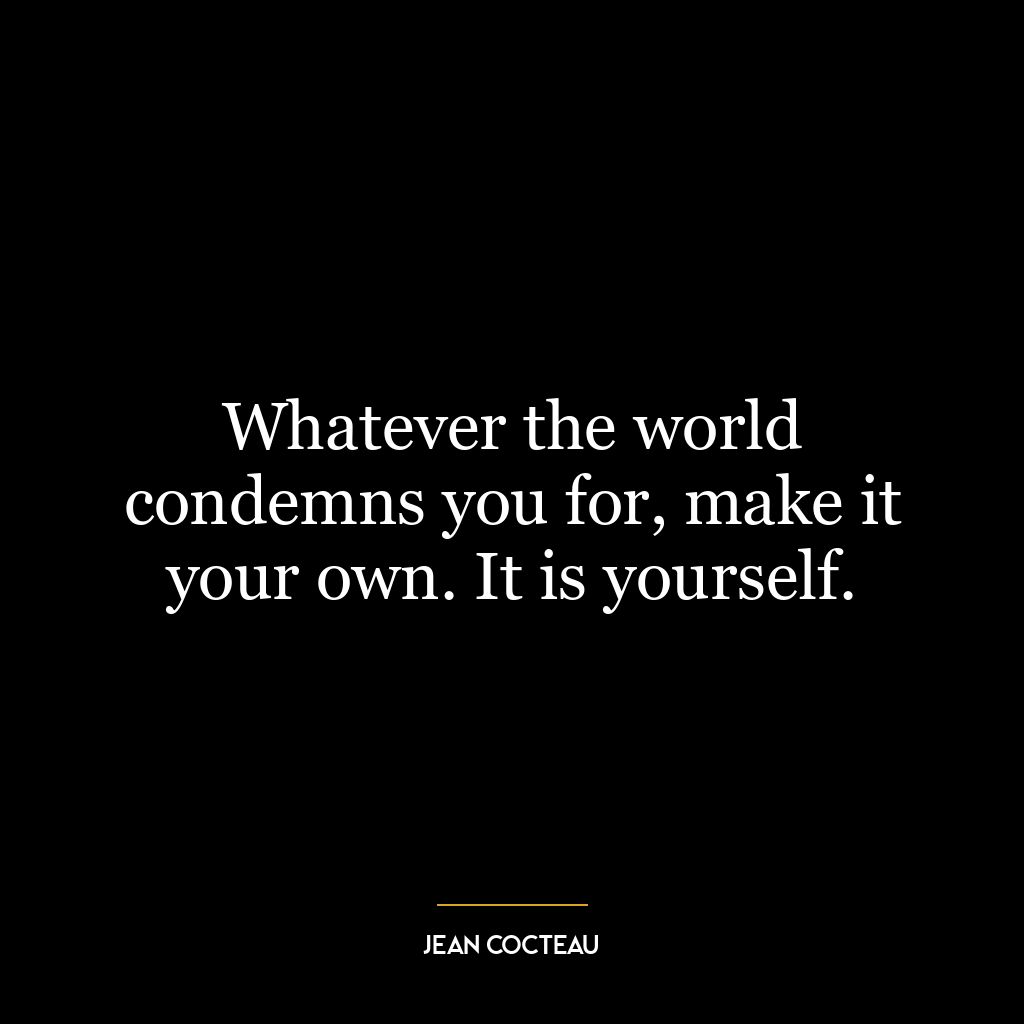Virtually all men of action incline to fatality just as most thinkers incline to providence.
This quote suggests that men of action, or those who are primarily doers, tend to believe in fate or destiny. They may see their actions as part of a predetermined path or a result of forces beyond their control. On the other hand, thinkers, or those who are primarily contemplative, are more likely to believe in providence, or the idea that there is a divine plan guiding events. They may see the world as a place where thought, reason, and understanding can shape outcomes.
The dichotomy Balzac points out is between action and thought, and how each approach corresponds with different perspectives on life’s events. Those who act might feel that no matter what they do, the end result is out of their hands, hence the inclination towards fatality. They might believe that things are destined to happen a certain way. On the contrary, those who think and contemplate might feel that there is a higher power or purpose guiding events, hence the inclination towards providence. They might believe that there is a reason or purpose behind what happens.
In today’s world, this idea can be seen in various ways. For instance, in business, a CEO (a man of action) might believe that despite all the strategic planning, the success of the company ultimately depends on market forces (fatality). Meanwhile, a strategic planner (thinker) might believe that with careful analysis and planning, they can guide the company towards success (providence).
In terms of personal development, this quote can inspire introspection on whether we see ourselves more as men of action or thinkers, and how this influences our worldview. If we lean towards the belief in fatality, we might want to cultivate more agency and control in our lives. If we lean towards providence, we might want to learn to let go and accept that we cannot control everything. Ultimately, the quote encourages a balance between action and thought, between accepting fate and believing in our ability to shape our destiny.








